Talk Overview
In the first of his videos, Dr. Allis introduces the concept of epigenetics; a change in a cellular phenotype that is not due to DNA mutation but due to chemical modifications of proteins that result in changes in gene activation. In the nucleus, DNA is wrapped around proteins called histones to form chromatin. How tightly the chromatin is packaged determines whether genes are active or not. This switch between the “on and off” state of chromatin is regulated by chemical modification of histones. Allis describes work from his lab and others that identified the enzymes that add, remove and recognize the histone modifications. Changes in histone modification can cause a number of diseases including cancer. A key difference between genetic mutations and epigenetic modifications is that epigenetic changes are reversible making them an attractive drug target.
Dr. Allis focuses on the role of epigenetics in development and disease in his second talk. Histones can be modified on a number of amino acids, particularly lysines, by the addition of acetyl or methyl groups. Combinatorial patterns of these modifications act to enhance or repress gene expression. Allis describes work from his lab and others, which demonstrates that mutations in histone (for instance a lysine to methionine mutation) may block these modifications and, thus, impact gene expression. Sadly, these “onco-histone” mutations have been identified as the cause of many diseases including pediatric brain tumors and pancreatic neuroendocrine tumors.
Speaker Bio
C. David Allis
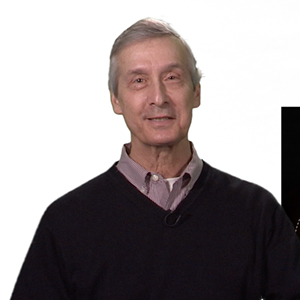
David Allis is the Joy and Jack Fishman Professor and Head of the Laboratory of Chromatin Biology and Epigenetics at The Rockefeller University. Allis’ lab studies how modifications to histones, the proteins that package DNA, influence gene expression and the implications these changes have for human disease. Allis has been honored with many awards for… Continue Reading

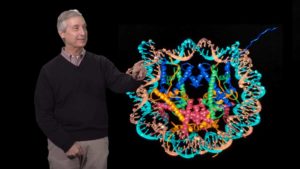
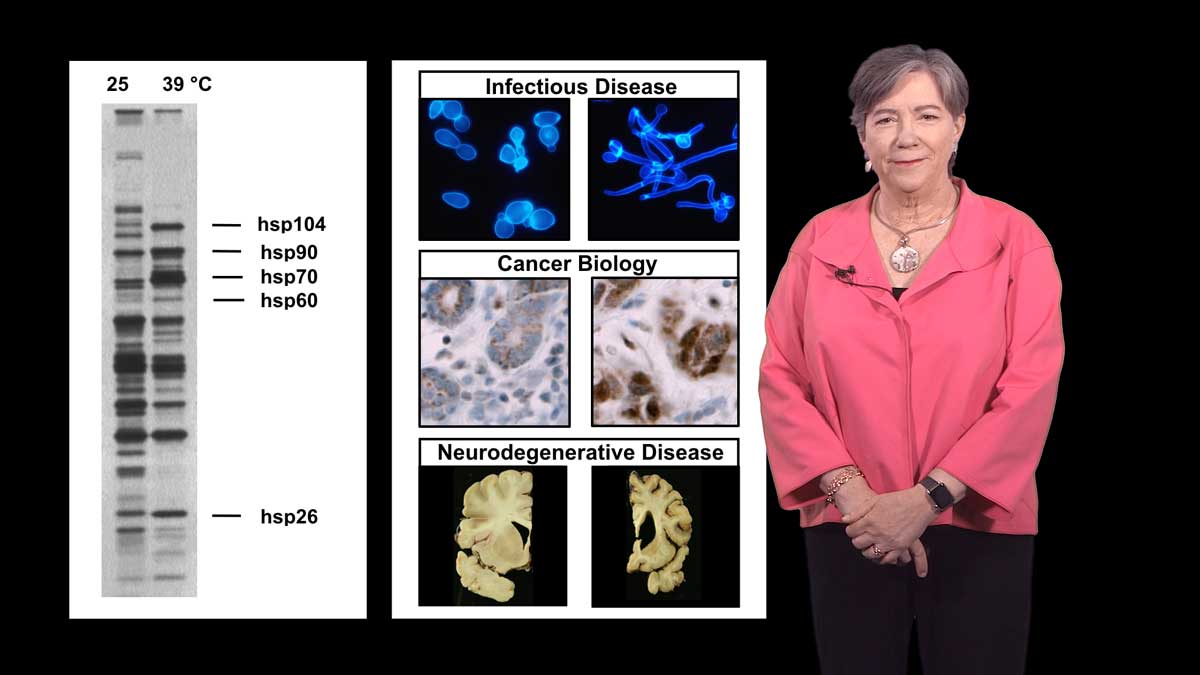
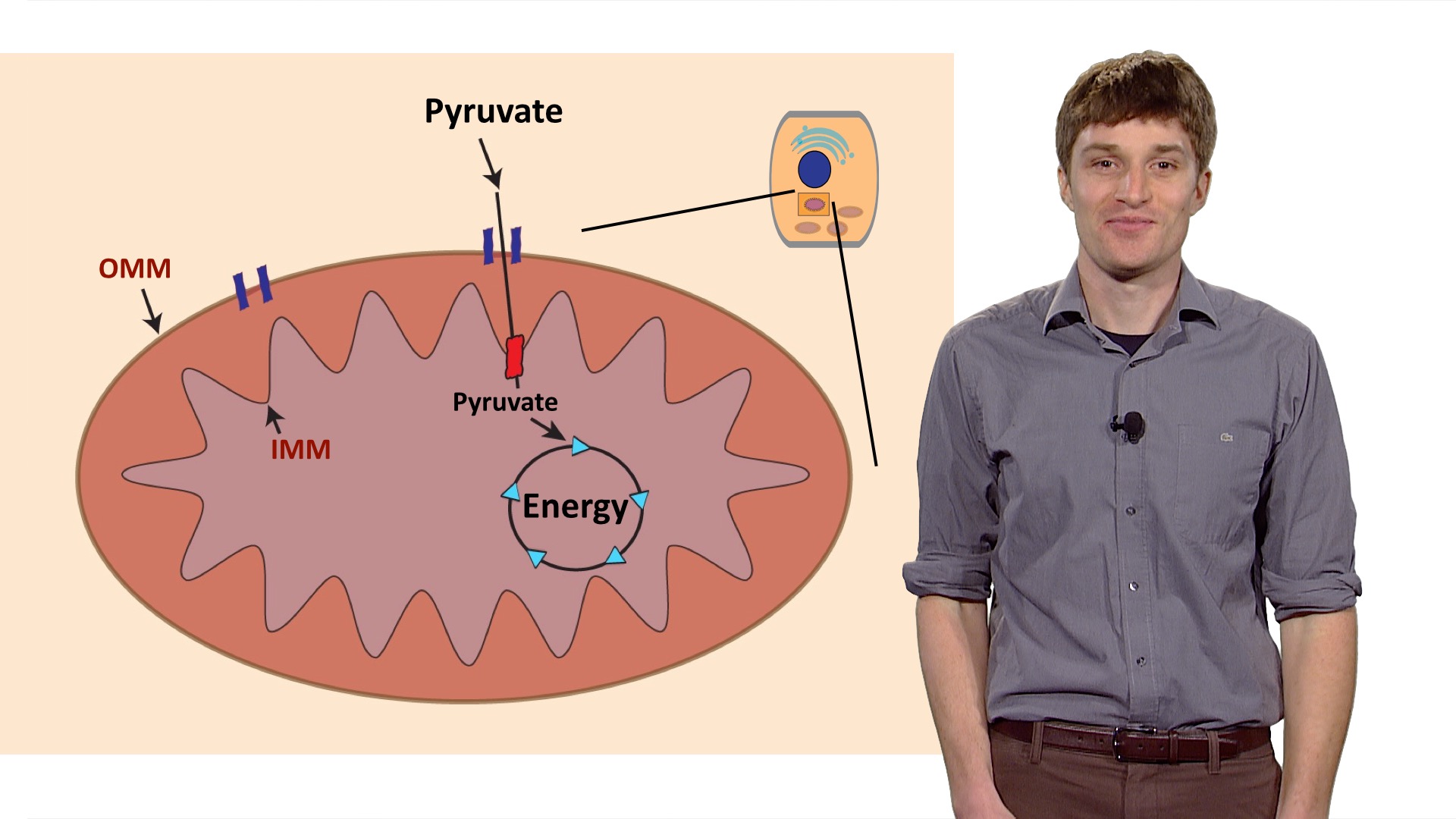
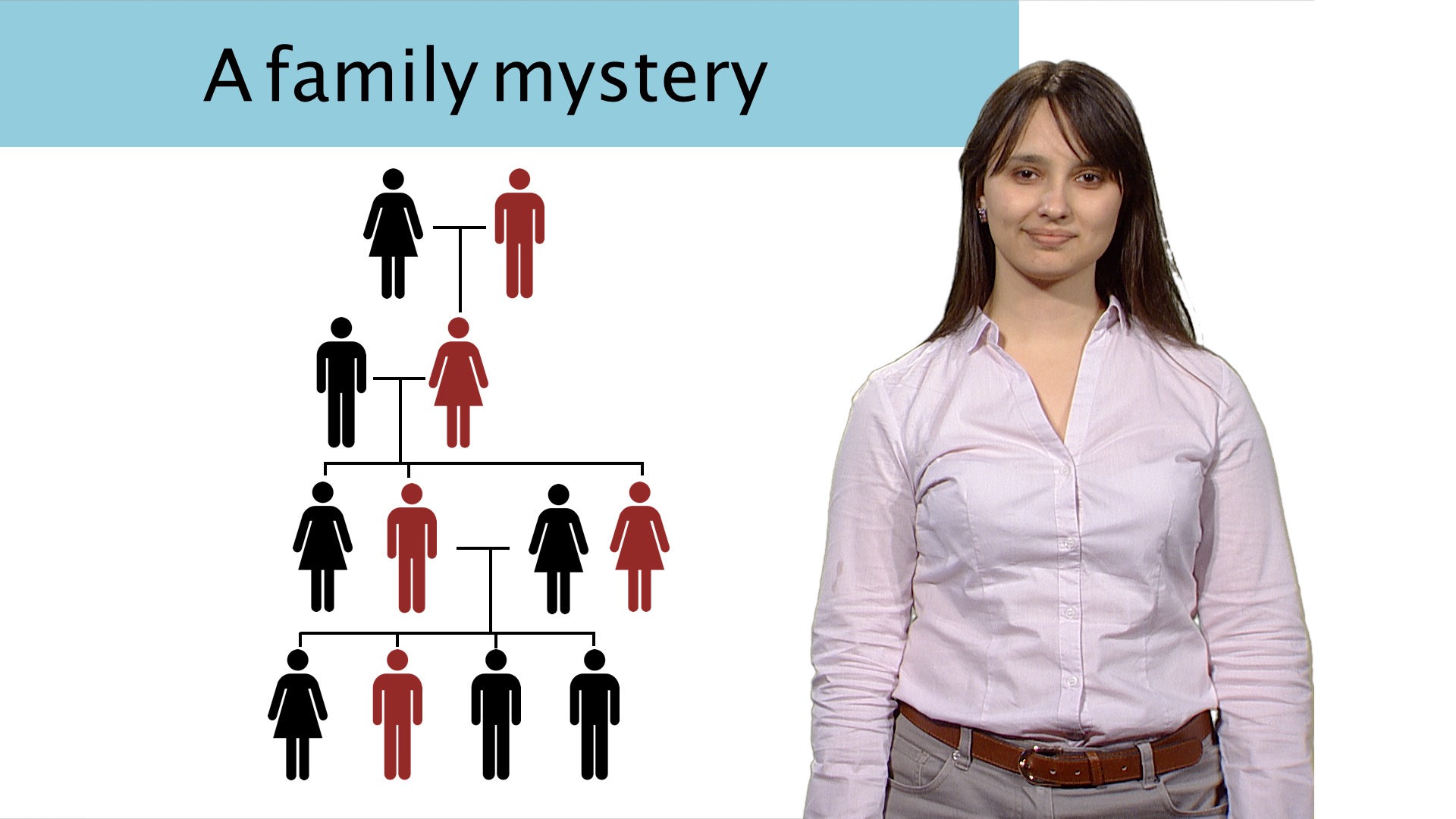
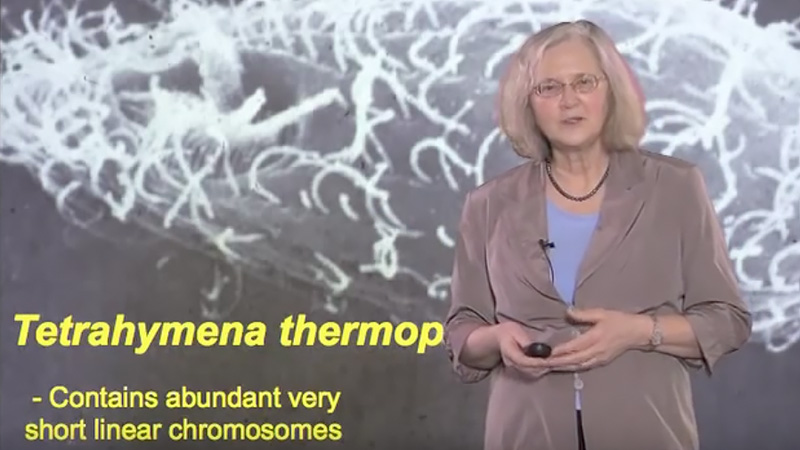





UnicShop says
Nice replies in return of this issue with firm arguments
and describing all concerning that.
Rita Rozhkova says
Thank you very much for this easily accessible and fascinating lecture! It is such a beautiful insight in epigenetic studies and a proper scientific slap on the face of that old and pessimistic argument of so-called human nature! Bravo!
Peter says
For the non PHDs pushing themselves to understand the chemistry of epigenetics, it’s a stretch at this point. Since discovering the subject of chemotaxis, and dispersion years ago, and other cellular phenomena i’m determined to understand even if i’m 90 by the time it happens. I feel like a challenged australopithecine listening to the lecture. It was fascinating. After watching it 40-50 times it might start to sink in.